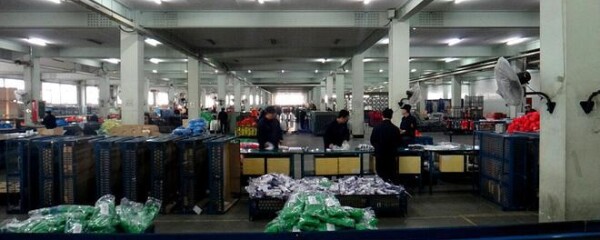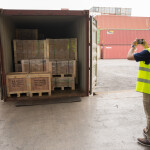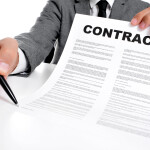16
Sep 2020
Factory Audits during Travel Restrictions (2 out of 4)
As we discussed in our previous article, the first stage of an international purchasing project is to have a supplier that manufactures your products at competitive prices, in the expected times and under the desired quality standards. That is why it becomes essential to perform an efficient sourcing of supplier considering the travel restrictions we are living in today.
Once you have had communication with the potential supplier and have obtained information on prices, delivery times and minimums order quantity, as well as other relevant commercial aspects. It is important to remember that at this point we are just facing a potential sale offer that must be evaluated in order to confirm that the identified supplier is a reliable source and does not represent a risk to our investment. 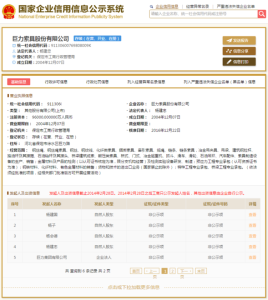
The selection of our supplier or business partner must be based on tangible, verifiable and measurable evidence, so the supposed experience, sales volumes, certifications and quality of the samples sent from potential suppliers must be questioned and not rely on promises, emails and words offered by these companies.
In this sense, a factory audit represents a quantitative and qualitative tool that will help us determine if the potential supplier meets our expectations and we can establish a secure and safe business relationship with them.
What information and evidence will I obtain from my supplier in a factory audit?
Supplier´s Legal Compliance.
In a factory audit, a third party inspection agency will review the legal documents of the supplier such as business license, export permits, identification of the legal representative, bank accounts, compliance and registration with their tax authority, among others, and these will be verified with the databases of the government authorities of the country where the audit is performed. This set of documents is necessary to consider in the preparation of commercial contracts that we will celebrate with the supplier.
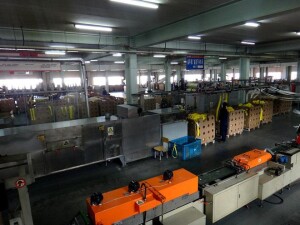 Infrastructure and Technical Capabilities.
Infrastructure and Technical Capabilities.
A factory audit must include an on-site visit where the third party inspection agency carries out a survey of all the documents mentioned above and it reports through photographs and videos the supplier’s capabilities such as infrastructure, production lines, working conditions, organization, factory´s hygiene, warehouses, and other relevant areas of the companies subject to the audit. With the evidence collected, the buyer will have a general overview of the legal situation and operational capacity of his supplier.
AVOID SANCTIONS IN YOUR COUNTRY!!!
A factory audit is a basic tool to avoid fraud by non-existent companies and false expectations by suppliers that do not have the infrastructure and technical capabilities to manufacture your products of interest.
However, as importers we have the obligation to comply with the provisions of the regulatory framework of our country, otherwise we will be subject to fines and sanctions by the tax and customs authorities that would put our company and investment at risk.
For example, the Customs Border Protection (CBP) of the United States and the European Commission have the legal rights to examine and verify all goods destined for their countries as well as their supporting documents where the name and address of the exporter must be declared.
Once we understand the relevance of knowing our suppliers through the implementation of factory audits and being sure that we have selected a safe, reliable and capable supplier, it is necessary to guarantee that the product negotiated with the supplier will comply with the expected quality standards in the agreed manufacturing times.
We will talk about quality control of our product in the next blog in two weeks.

